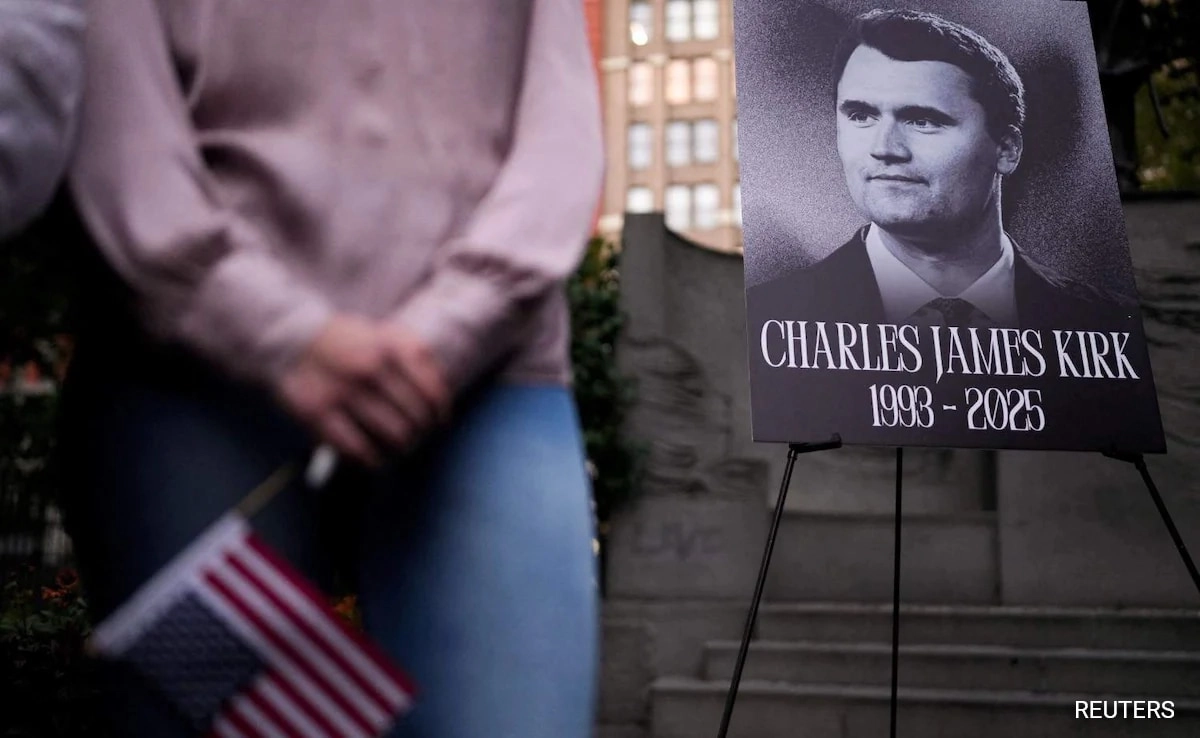The recent passing of Charlie Kirk has ignited a wave of political hagiography, transforming him from a controversial activist into a celebrated figure within certain circles of the conservative movement. Kirk, known for his outspoken views and as the founder of Turning Point USA, was a polarizing figure during his lifetime. His advocacy for conservative principles resonated deeply with a segment of the American populace, particularly among younger conservatives. However, following his untimely death, many have begun to reframe his legacy through a lens of reverence, elevating him to a saint-like status that often overlooks the complexities of his political actions and statements.
This phenomenon of hagiography, where a public figure is idealized or portrayed as a saintly character posthumously, raises important questions about the narratives we construct around political figures. In the case of Kirk, the immediate aftermath of his death saw a surge in tributes that emphasized his dedication to conservative values, his role in mobilizing youth activism, and his unwavering commitment to the cause. Supporters argue that his contributions to conservative discourse and grassroots organizing should be celebrated, framing him as a martyr for the movement. This transformation, however, can obscure the contentious aspects of his career, including the divisive rhetoric he often employed and the controversies that surrounded his organization.
The acceleration of this political hagiography can be seen as part of a broader trend in contemporary politics, where the death of a figure often serves to solidify their legacy in a way that aligns with the prevailing narratives of their supporters. This selective memory can create an echo chamber effect, where only the most favorable accounts are circulated, leaving little room for critical examination. As communities grapple with their loss, the tendency to canonize figures like Kirk can serve as a rallying point, uniting supporters in a shared sense of purpose and identity. Yet, it also risks simplifying the complex realities of political engagement and the multifaceted nature of public figures.
Ultimately, the elevation of Charlie Kirk from activist to saint reflects a deeper cultural dynamic within American politics, where the narratives surrounding individuals are often shaped by the emotional responses to their deaths rather than a balanced appraisal of their legacies. This phenomenon serves as a reminder of the power of storytelling in shaping political discourse and the ways in which loss can be transformed into a tool for ideological reinforcement. As the conservative movement continues to evolve, the legacy of figures like Kirk will likely remain a touchstone for discussions about identity, values, and the future direction of the movement, challenging both supporters and critics to navigate the complexities of memory and legacy in the political arena.




